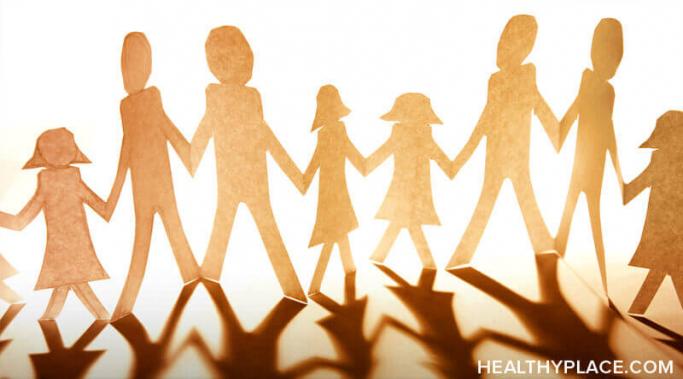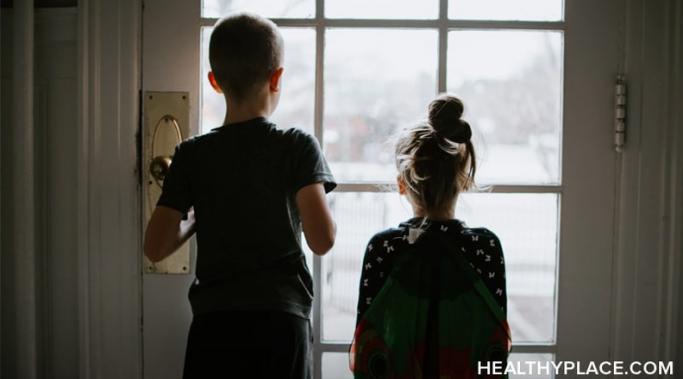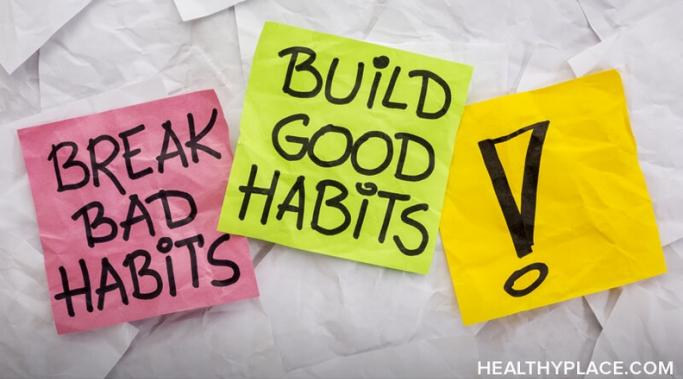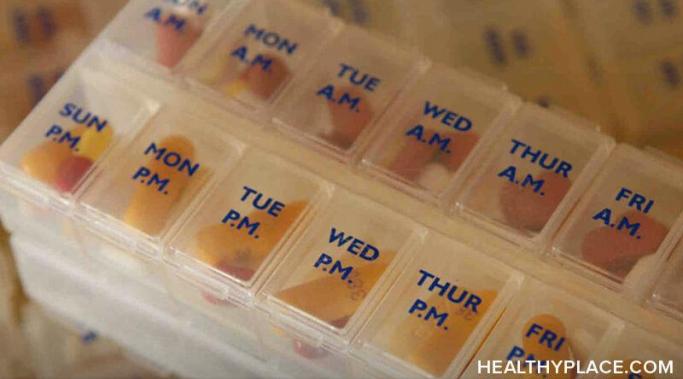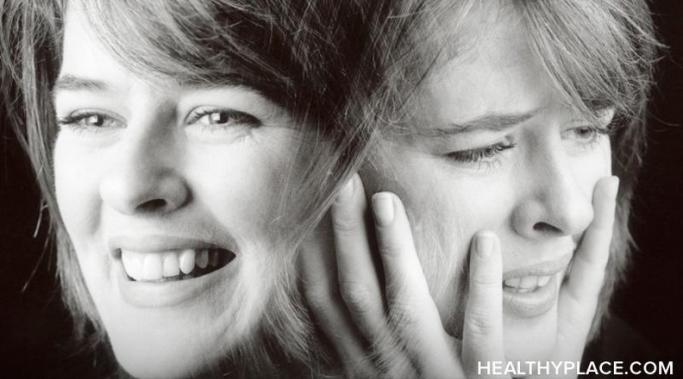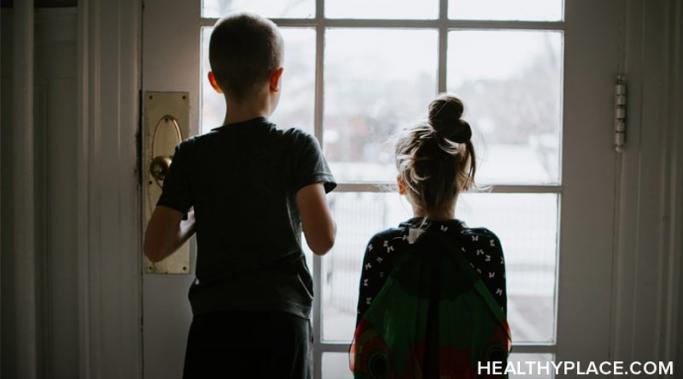Nothing is more important to me than the wellbeing of my loved ones, which is why I want the very best for them. When I notice that something could be improved in their lives, especially when it pertains to bettering a mental health situation for them, I desperately want to say something. Here are three things I keep in mind when making suggestions about mental health to my loved ones.
Recovery in Mental Illness
Respecting the boundaries of mentally ill loved ones should be a given, but sometimes we push these boundaries -- I've certainly been guilty of this in the past. Even when this is done out of good intent, I don't believe it is a fair thing to do. I have learned a lot on this topic through my experience with my brother, who has chronic mental health problems. Here's a bit of a reflection on those learnings.
Pets are important and beneficial in general, but they can play a special role in the lives of those with mental illness. I never owned any pets as a child, but I adopted a dog as an adult, and my brother has become an honorary pet parent as a result. I am amazed to watch how his relationship with my dog helps him cope with chronic anxiety and depression. Here is a short reflection on the benefits of pets for family members with mental illness.
The partnership between families and mental health professionals is often a key component of adequately supporting a loved one with mental illness. I see this every day in my working life as an occupational therapist -- when there's no buy-in from the family, chances of an intervention being successful are dramatically reduced. When my brother developed chronic anxiety and depression seven years ago, I had to practice what I preach and actively foster a good relationship with his medical team. Here are some points about that experience that I wanted to share.
It can be difficult to watch a loved one's mental health deteriorate when they struggle with the prescribed medication they need. It is also confusing when a family member chooses not to take their prescribed medication even when they know it will help them. In this article, I wanted to reach out to my family to understand their point of view when they do this.
In January, wellness culture tends to be more prominent than ever -- it seems as if the whole world becomes intent on creating a healthier, more productive version of themselves. For those with mental illness, this narrative can be damaging. My brother, who has chronic anxiety and depression, has often spoken about how wellness culture can leave him feeling frustrated and inadequate.
Feeling overwhelmed by supporting someone with mental illness is nothing to be ashamed of, but sometimes we can struggle to admit our true feelings. Here's a little bit about how I felt when my brother was diagnosed with chronic anxiety and depression.
I worry that my brother will die by suicide. Even typing those words feels frighteningly intimate because this very real fear is an unspoken one in our family. (This post contains a trigger warning.)
This past weekend, my brother and I were reunited after quarantine -- seeing each other in person for the first time since March. He drove over to my house and met my new puppy, and we spent the day walking, eating, and generally catching up.
I spoke a little bit in my last video post about how my family all had different ways of supporting my mentally ill brother when he was first diagnosed with anxiety and depression. What started as a reason to argue has turned into one of our greatest strengths as a family – how lucky are we to have so many different types of support to offer our loved one and each other?
